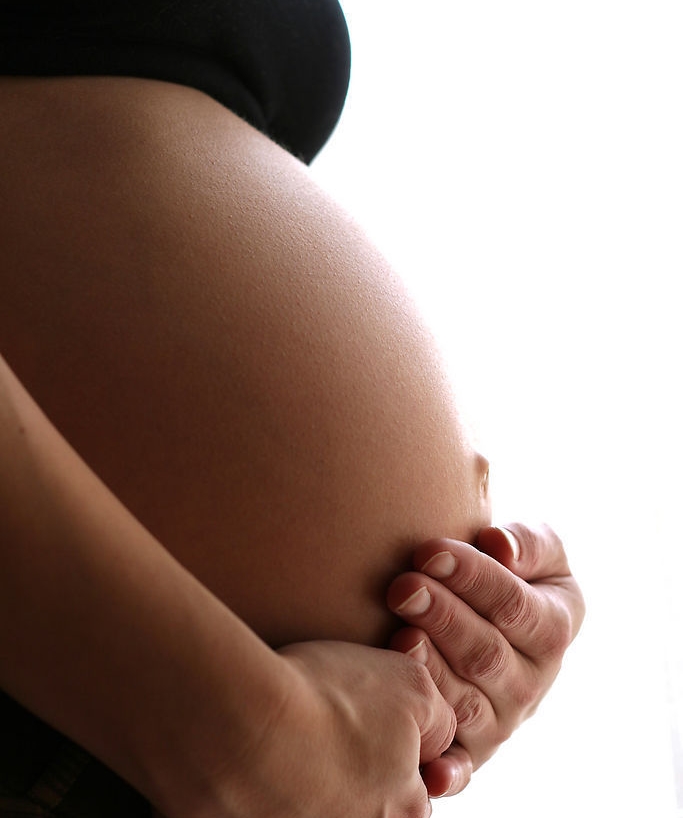
Aging people often say pregnant, heavier the better, not afraid of obesity, is it true?
According to the government website information, pregnancy should maintain a proper body weight, meaning the energy balance between uptake and consumption, thus avoiding being overweight or underweight. This helps to maintain good health and reduce the risk of diabetes and heart disease risk of chronic diseases.
Women during pregnancy and various nutrients on heat demand will increase. Heat, the women more than the average woman needs 200 kcal per day (about 800 kJ) of energy nutrient side, in addition to iron, calcium, folic acid and iodine increased demand for larger, other nutrient needs are just slightly increases. Therefore, pregnant women should not overeat, so weight increased significantly.
During pregnancy, maternal body weight will increase, generally to increase 11-16 kg ideal body weight. They should not lose weight, to ensure that the body absorbs enough calories and nutrients, making the fetus healthy growth.
Obese women (pre-pregnancy body mass index> 23.5) should increase less weight, is generally recommended to increase 7-14 kg; contrary, if the pregnant woman is a lighter weight before pregnancy (pre-pregnancy body mass index <19), they are in pregnancy period may increase more, i.e. 13-17 kg body weight. If you have any questions, please inquire to professionals.
|
Ideal maternal weight
|
|
The number of months of pregnancy
|
1-3
|
4-6
|
7-10
|
|
Ideal weight gain (kg)
|
1-2
|
4-5
|
4-5
|
|
(General increase in maternal body weight per week more than 0.5 kg)
|
BMI Calculation:
Pre-pregnancy body mass index=
Pre-pregnancy weight (kg)/ Height X height (m 2)
Information retrieved from:
http://www.fhs.gov.hk/english/health_info/class_life/woman/woman_pwwp_nutritional.html

















